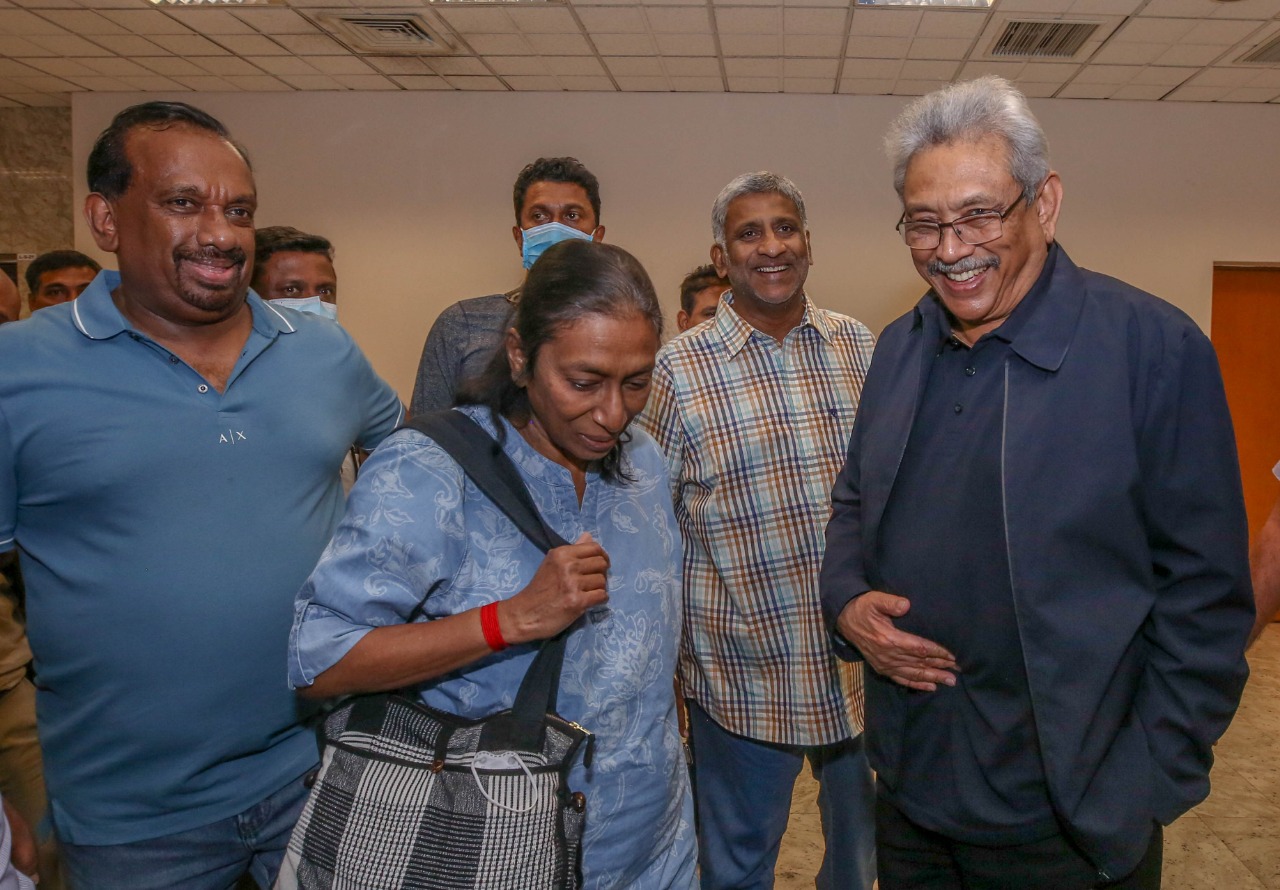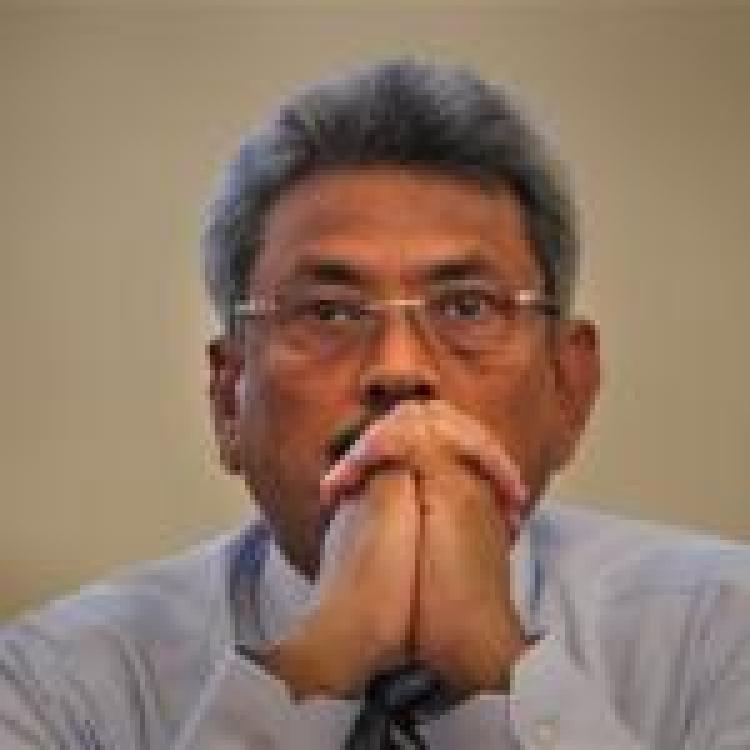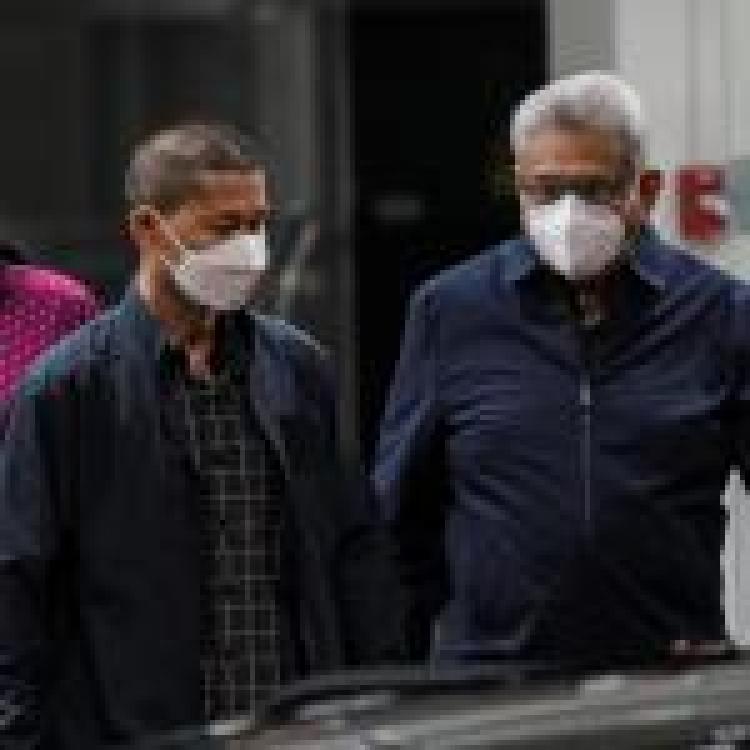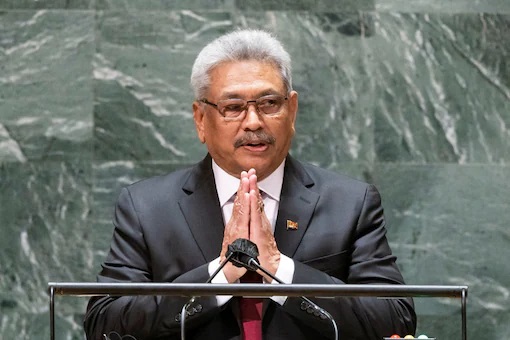
Former Sri Lankan president Gotabaya Rajapaksa has reportedly returned to Sri Lanka after fleeing in July amidst mass anti-government protests.
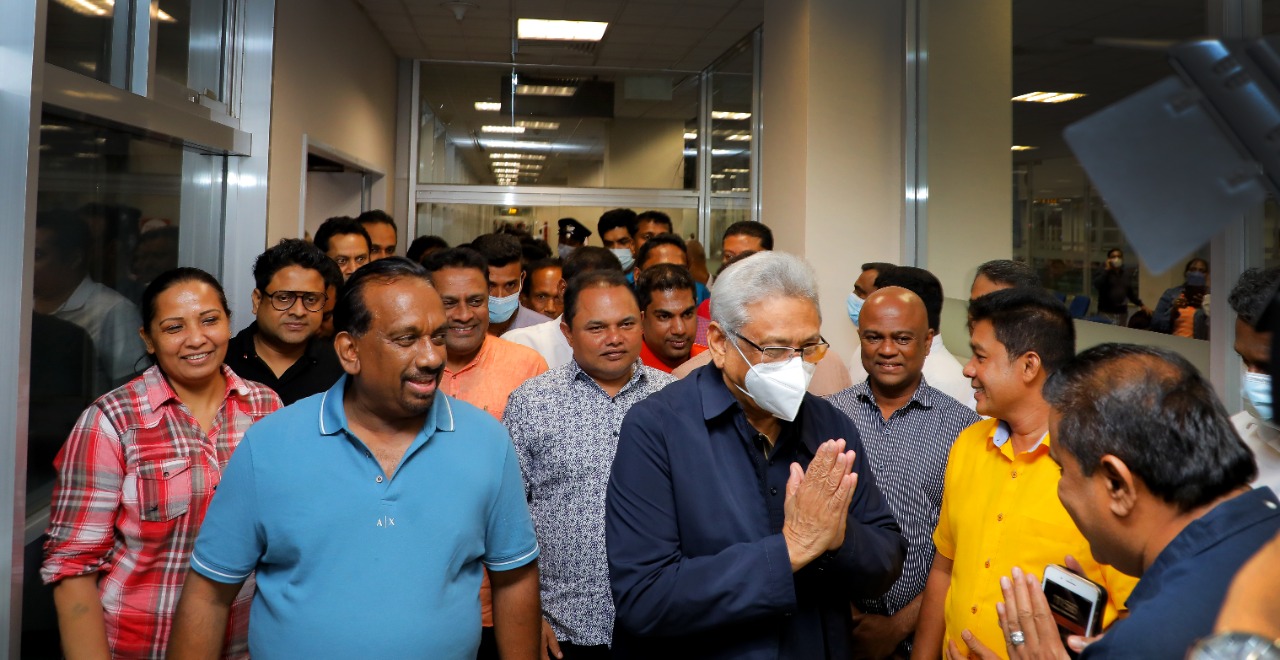
The exiled former president reportedly arrived on the island a short while ago on board a Singapore Airlines flight. Whilst greeted and garlanded by several ministers, media were not permitted. His return follows numerous attempts to seek refuge in countries such as, only to be refused.
Whilst Singapore had permitted a private visit, the country's foreign ministry insisted that he had not been "granted any asylum". The decision of the Singaporean government to harbour the Sri Lankan came despite international outcry from the Tamil diaspora as well as native Singaporean Tamils.
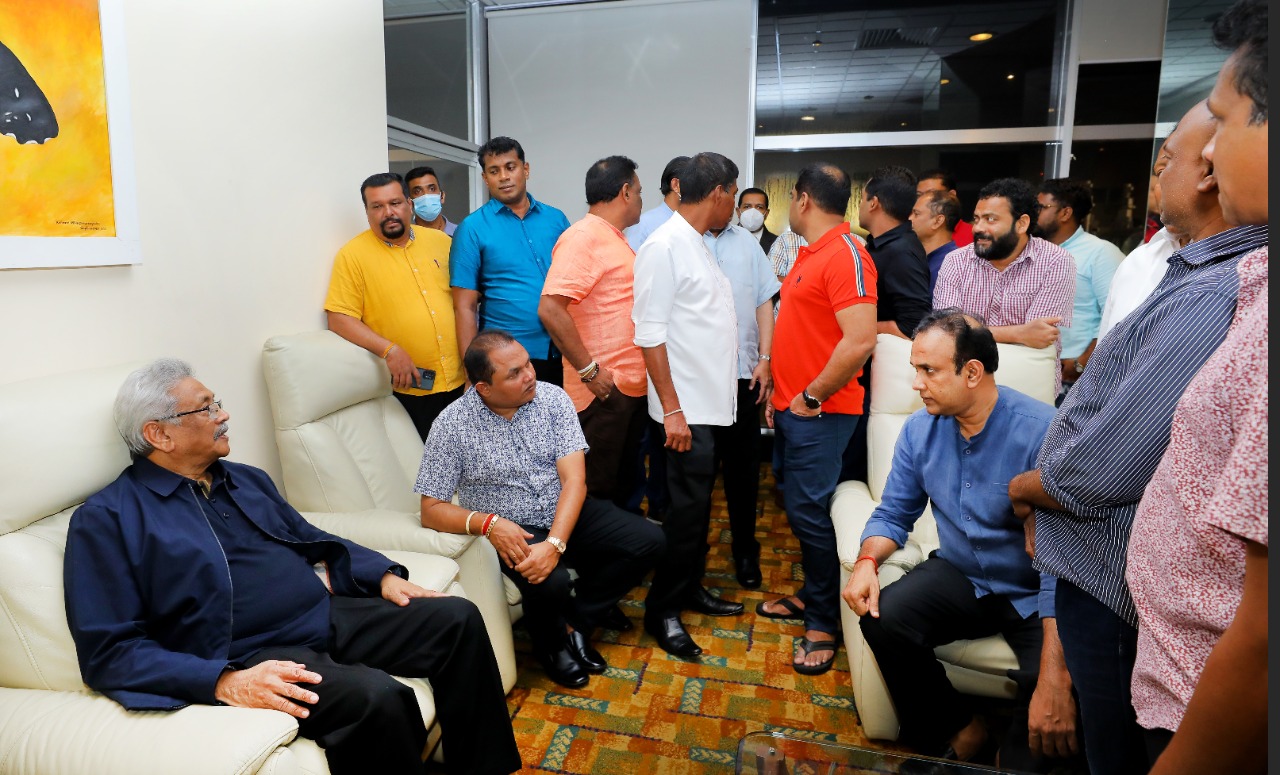
Upon his return, Rajapaksa was provided with an official residence and security by the government after he returned to the country he had fled in July during economic unrest, two senior officials said.
Bloomberg notes that the return of Rajapaksa could signal the confidence of the Sri Lankan President that he can maintain his grasp on power after a brutal crackdown on demonstrators. Previously, Sri Lankan President Ranil Wickremesinghe had asserted that it was not an ideal for the Rajapaksa's return.
Sri Lanka Podujana Peramuna (SLPP) general secretary, Sagara Kariyawasam, welcomed the return of Rajapaksa telling the media:
"As a citizen of Sri Lanka, Gotabaya has all the right to come back".
"As a party, we respect that, and we stand for his rights to return to Sri Lanka," Kariyawasam added.
In July, Sri Lanka's Supreme Court demanded that Rajapaksa's to return to face the court in relation to a petition which called for an investigation into corruption and the bankruptcy of Sri Lanka. Rajapaksa ignored the summons and failed to appear before the court on 1st August.
Following his escape, the International Truth and Justice Project (ITJP) filed a criminal complaint to Singapore's Attorney General, seeking Rajapaksa's "immediate arrest" for committing war crimes. A group of 17 Tamil and human rights organisations from across the world, also issued a joint letter urging Singapore’s Attorney-General's Chambers to investigate and prosecute Rajapaksa for his involvement in international crimes during the culmination of the Tamil Genocide in 2009.
"With his diplomatic immunity removed, this presented a unique opportunity to hold Rajapaksa accountable", one Tamil activist told the Tamil Guardian. "It remains to be seen whether he will face any consequences for his actions.
Read more here.

